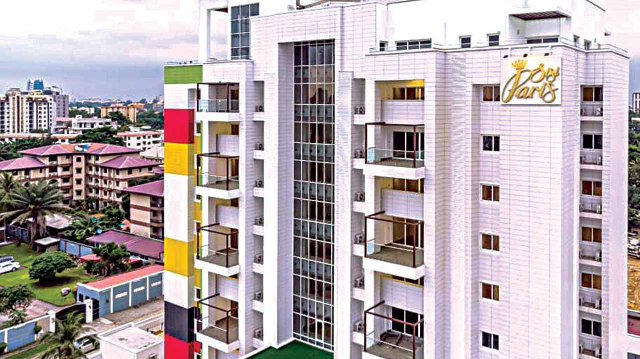The average yield on Nigerian government local bonds fell by 5 basis points (bps) in the secondary market to 19.67% due to buying interest in the mid sector. The local FGN bond market demonstrated a bullish trend.
Significant activity centered on the 2033 and 2053 papers. As primary market supplies tightened, fixed interest securities investors increased their holdings in these bonds. The Debt Management Office (DMO) reduced the offer amount to N190 billion at the most recent primary auction, from conventional maturities. In its monthly auctions, the debt office made an offer to investors of N300 billion.
Trading in the FGN bond market showed slight positive movement, with the average secondary market yield decreasing by 0.05% to 19.67%. MarketForces Africa learned that the authority exceeded 70% of its 2024 target, or N4.3 trillion, at the conclusion of the July auction, which is why the offer or supply of DMO bonds has been reduced.
In its market update, Cordros Capital Limited told investors that across the benchmark curve, the average yield dipped at the mid (-6 bps) segment. The yield contraction was driven by demand for the JUN-2033 (-29 bps) bond, which closed flat at the short and long ends.
Meristem Securities Limited said in a note that the upcoming auction is poised for a rate decrease, driven by the DMO’s decision to delay and downsize the auction, effectively flooding the market to suppress rates and attract investors.
The investment banking firm said the strategic move is further supported by the recent inflation downtick to 33.40%; its nearly two-year low, which will contribute to the downward pressure on rates.
“With the domestic dollar bond offering coinciding with the FGN bond auction, there’s little reason to expect rates to remain elevated, setting the stage for a potential rate reduction”, Meristem said.
In the Nigerian sovereign Eurobonds market, bullish sentiment across segments of the yield curve led to a decrease in the average yield by 0.02% to 10.08%.












